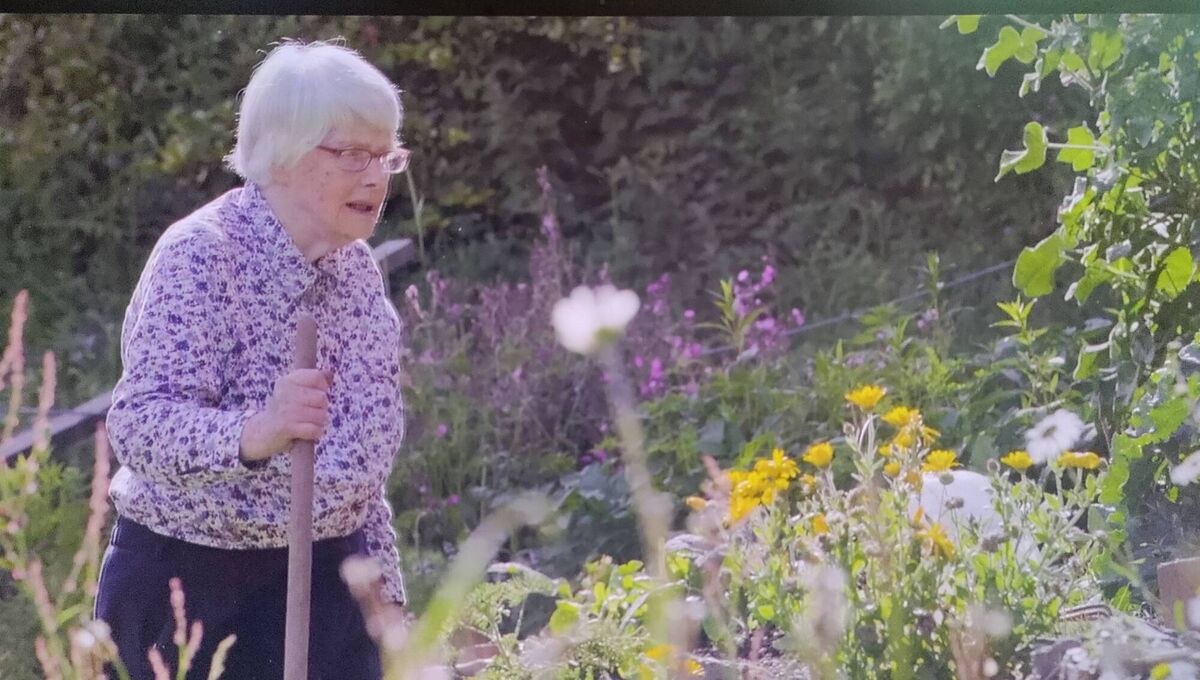Clodagh Finn: Funerals are much more about life than death
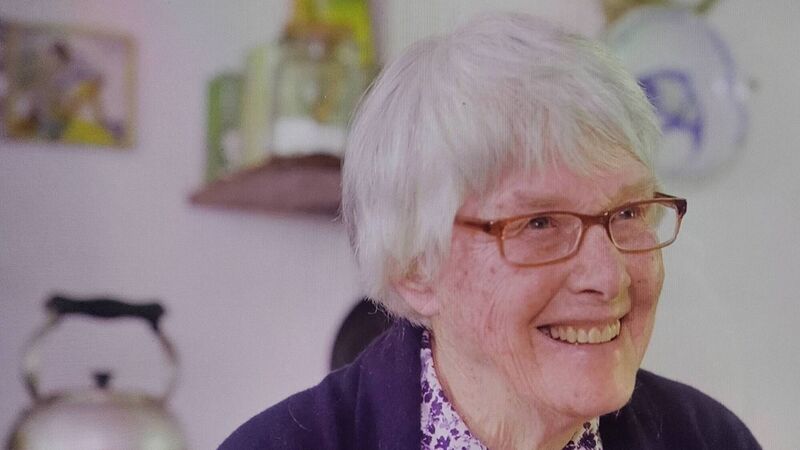
Jennifer Sleeman made international headlines when she called for a boycott of Mass to protest the lack of roles for women in the Catholic Church.
The truth of that struck me with particular force last week at the funeral of Jennifer Sleeman — a woman who did so much, and touched so many, in her 95 years on Earth.
HISTORY HUB
If you are interested in this article then no doubt you will enjoy exploring the various history collections and content in our history hub. Check it out HERE and happy reading
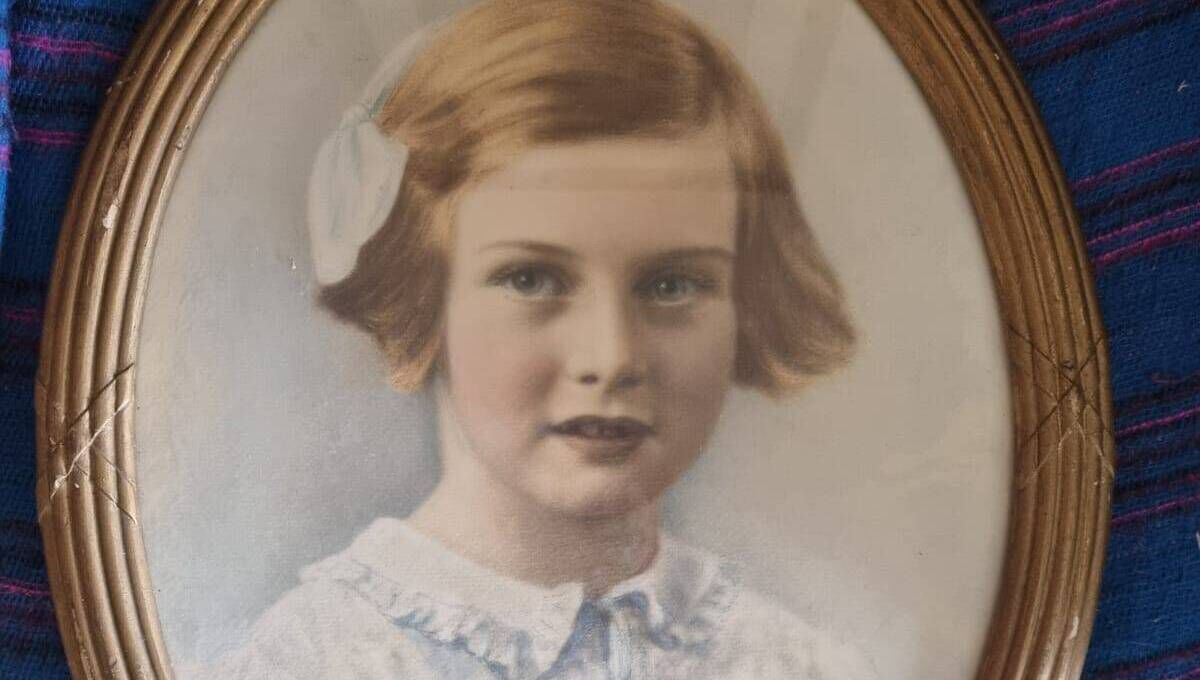
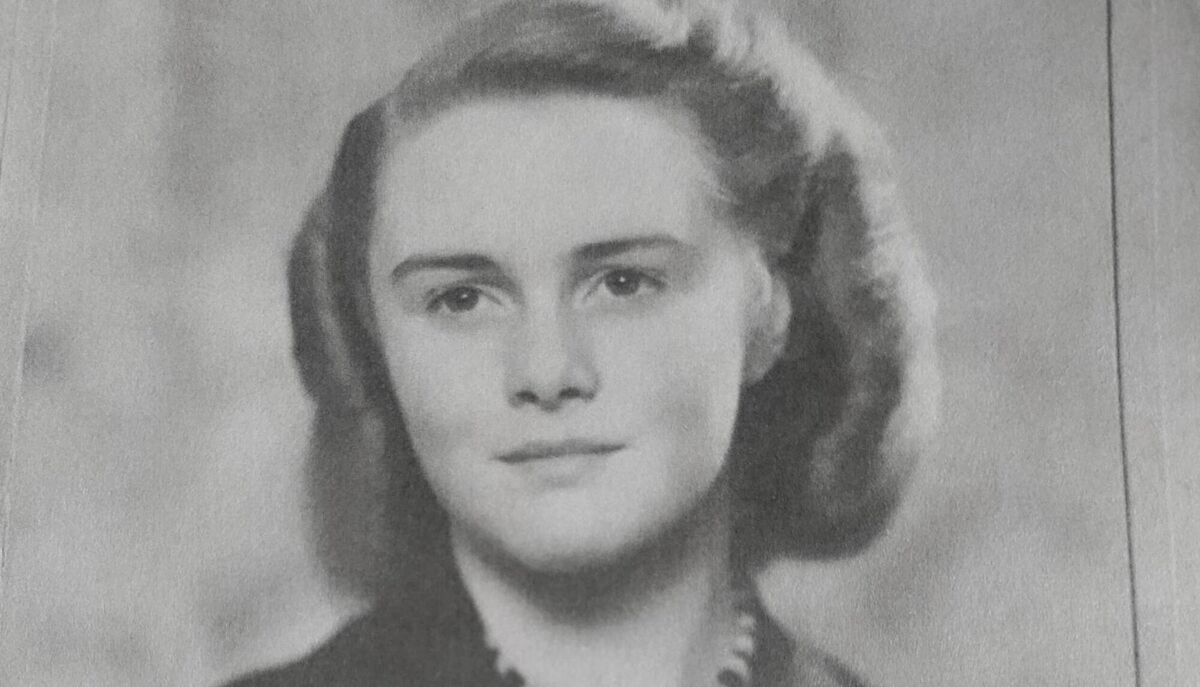
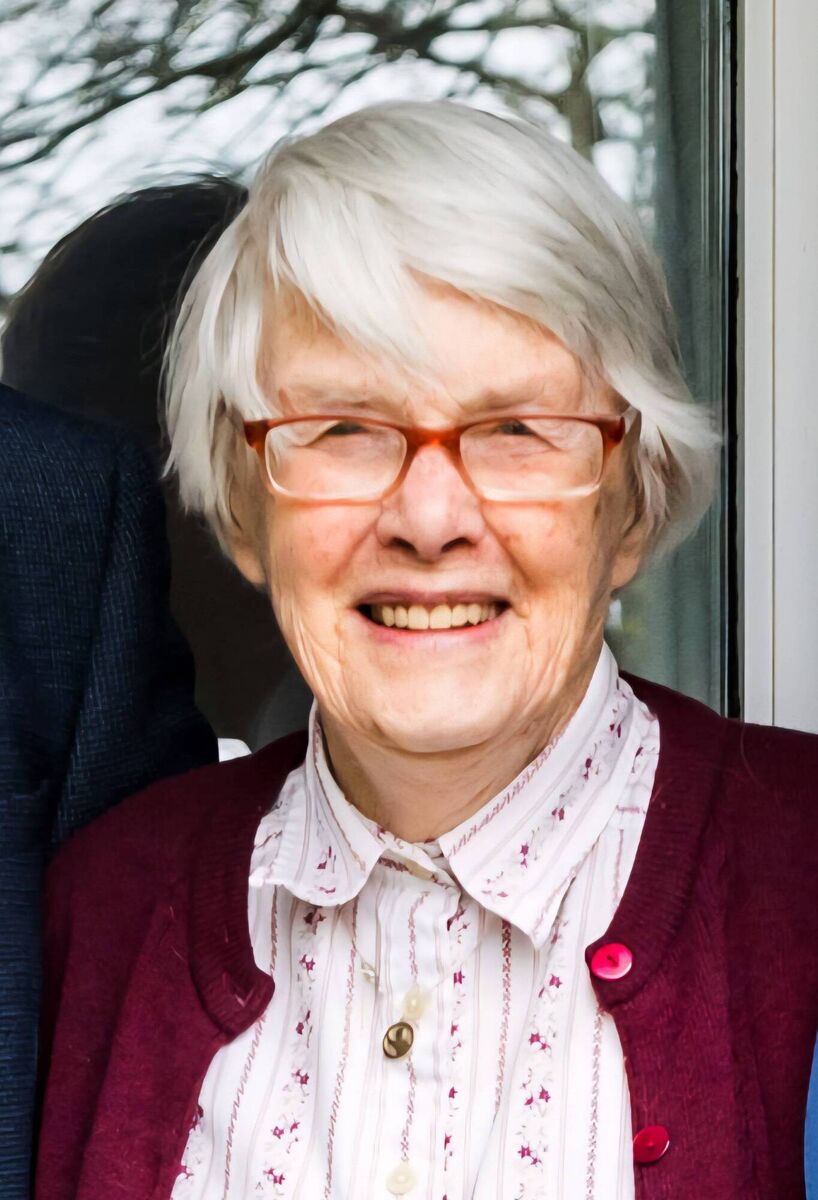
Her involvement in the Fair Trade movement alone would guarantee her a place in history.
